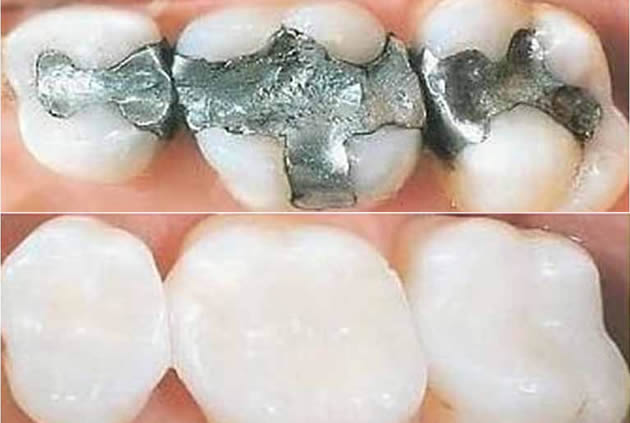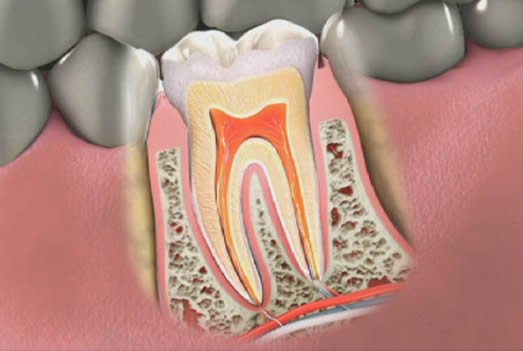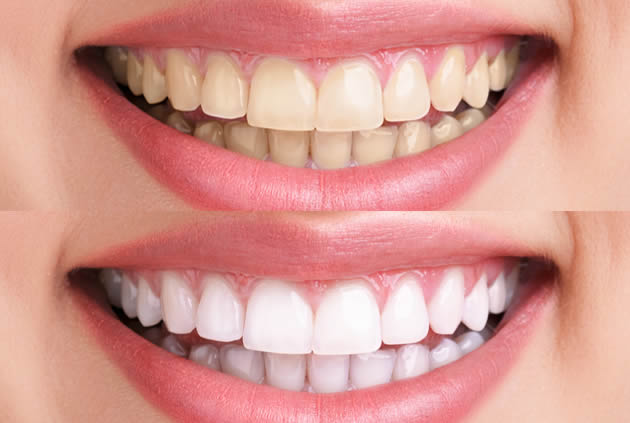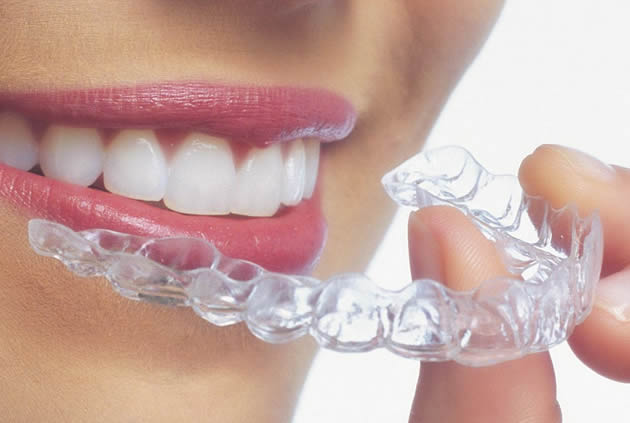
Did you know that 69 percent of adults have lost at least one tooth? Missing teeth don’t just damage your smile. They can limit your diet, inhibit your speech, and compromise your oral health. Studies show that when one tooth is loss, 20 percent of adjacent teeth may be lost in the next several years if you don’t replace the missing tooth. Dental implants offer patients a solid, attractive way to restore their smiles.
Constructed from biocompatible titanium, dental implants are permanent replacements for lost teeth. With implants, you can replace one or more missing teeth. One implant is surgically positioned in the gum line for each empty socket. Usually, your mouth will need three to six month to recover. During this time, the bone will fuse to the posts, creating a solid foundation for the dental crowns your dentist will place on the implants.
Dental implants offer several benefits, including
Attractiveness
Designed to look and feel like natural teeth, dental implants are the closest prosthetic to nature. Your implants will blend in with remaining teeth, giving you a full, attractive smile.
Convenience
Because implants aren’t removable, you don’t have to hassle with the messy adhesives or worry about the embarrassing slippage associated with dentures. After implant therapy, patients can smile confidently and enjoy active lifestyles.
Reliability
With proper care, implants will last for years. Treat your dental implants like your original teeth. Brush twice daily, floss frequently, and schedule routine checkups so that your smile will stay healthy and strong.
Creating beautiful smiles with dental implants at White Marsh Family Dentistry in Baltimore

As with any surgery, there are benefits and risks that come with getting dental implants. This procedure to replace missing teeth is becoming increasingly popular, so here are some things to know if you are considering this type of treatment.
What are the benefits?
- Appearance – implants blend in with your smile and look very natural.
- Comfort – they function and feel like natural teeth.
- Support – implants support your jaw and avoid a “caved in” look to your face, preserving your youthful appearance.
- Sensitivity – many patients have less tooth and gum sensitivity after getting implants.
- Adjacent teeth – neighboring teeth are not affected.
- Durability – implants are usually there for life, not needing surgical replacement. Even if the artificial tooth needs replacing, it can be done without surgery.
- Speech – dental implants allow you to speak clearly, as you would with your real teeth.
- TMJ – replacing missing teeth helps prevent jaw disorders
- Bone loss – titanium posts implanted into your jaw can help prevent bone loss and gum recession.
What are the risks?
- Infection – gums and tissue may become infected without proper oral hygiene. It’s important to follow all recovery and maintenance instructions carefully.
- Failed integration – sometimes implants do not integrate properly with the bone. If the implants do not fuse, they can be uncomfortable or loose. When this happens, implants must be removed and can be redone after the area has healed.
- Sinus problems – your sinuses can be affected when implants are placed in the very back of your jaw, sometimes requiring sinus augmentation surgery.
- Nerve or tissue damage – rarely, implants damage nerves or blood vessels. This can cause pain, tingling, swelling, or numbness. This typically is not a risk when a qualified dentist or oral surgeon performs your implant procedure.
Dental implants dentist in Baltimore

Are you or someone in your family missing a single tooth due to an accident, infection, or fracture? If you are missing a single tooth for any reason, a single tooth dental implant can replace both the natural tooth and its root. The best, long-term option for restoring a single missing tooth is a dental implant fitted with a crown.
To place the implant, a small titanium post is inserted into the jawbone. This anchor provides a “root” for the placement of the implant that looks, feels, and functions like a natural tooth. These “anchors” are extremely compatible with bone and attach to the jawbone and gums to become a base for the crown. A temporary tooth can be placed while the dental implant integrates with your natural bone to form a foundation for a crown. Once the implant has fused to the bone, the final step in the treatment is the placement of the permanent crown onto the dental implant.
One of the advantages of a dental implant is that it allows you to replace a single tooth without sacrificing the health of neighboring teeth. Other treatments, such as bridges, require the adjacent teeth to be ground down to support the appliance. Grinding down the teeth damages tooth enamel and structure. Also, a single implant can be more aesthetically pleasing and easier to keep clean than a bridge.
It is of vital importance to replace even one missing tooth, as leaving it untreated can cause bone loss, compromised chewing ability, as well as an unattractive smile. If you have one missing tooth, or a tooth that needs to be removed due to damage or decay, the best and most natural option is a single tooth dental implant.
If you need a dentist in Baltimore contact us today

Tooth loss is a common occurrence – millions of people suffer tooth loss – primarily as a result of gum disease, tooth decay or facial trauma. For years, the only treatment options available to those missing a tooth were partial dentures or bridges. Today, dental implants are available as an alternative. If you have lost a tooth, you may wonder why you should choose a dental implant over a bridge or partial denture.
Following are some of the advantages of dental implants:
- Dental implants prevent bone loss. Without the tooth root, the bone of the jaw begins to shrink, or resorb, causing problems with remaining teeth and changing the shape of the face. Dental implants serve as replacement roots for the tooth, and continue to stimulate and preserve the bone. When an implant is used, the jawbone fuses to the metal implant in a process known as osseointegration, reducing bone shrinkage significantly.
- Dental implants look better. They feel, look and function like your own natural teeth. Because they fuse directly with your bone, they become permanent, and with proper care, never need to be replaced.
- Dental implants fit better. They are more comfortable and are easier to clean. Because they are so secure, you will speak more clearly and eat with greater confidence and comfort.
- Dental implants will improve your oral health. Implants don’t affect the surrounding teeth the way a bridge does. Your natural teeth remain intact, allowing for easier greater health and cleaning around each tooth.
- Dental implants are convenient. They never have to be removed to clean under them, nor do they need adhesives or wire to stay in place.
- Dental implant surgery has a very high success rate. They are durable and can last a lifetime if you care for them properly.
If you are healthy enough to undergo an extraction of your tooth, you can generally be considered for dental implant surgery. You must have enough healthy bone and soft tissue to hold the implant. Talk to your dentist today if you have questions regarding dental implants and whether they are a right choice for you.
We look forward to seeing you in our Baltimore dental office














